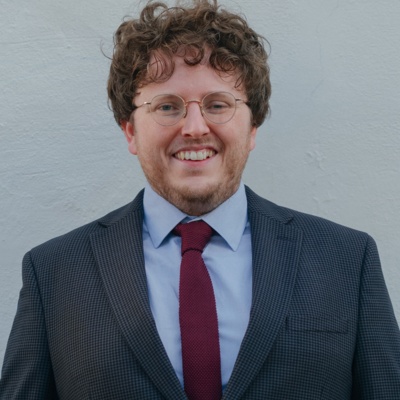The Red Cell Unit at UCLH provides expert, personalised care for people living with thalassemia. Our experienced team offers specialist treatment, monitoring, and support tailored to your individual needs.
What our thalassemia service offers:
- Personalised care plans
- Access to the latest treatments
- Ongoing specialist monitoring and support.
Our goal is to help people to live well with thalassemia. We aim to give you access to the care, treatments and support you need.
This page tells you about your care and treatment. If something isn’t clear, please ask — we’re here to help. We can also give you printed copies of any information if you’d like.
You can find out more about thalassemia, including what it is, how it’s diagnosed and how it’s treated on:
We want you to feel informed, supported and confident in your care at every stage. If you have questions or concerns about your health or treatment, your healthcare team will support you. You can discuss your questions or concerns with your doctor or clinical nurse specialist (CNS) at your hospital appointments.
Write down your questions beforehand, and feel free to bring a friend or family member for support. Between appointments, you can contact your CNS by phone if you need advice (the contact details are below).
You’ll get care from a team of expert doctors and nurses through our specialist services. Treatments include:
Blood transfusions
People with transfusion-dependent thalassaemia (TDT) usually need regular blood transfusions to manage anaemia. These are often done every two to four weeks.
Treating iron overload
Regular blood transfusions can cause iron to build up in the body, which may harm your organs over time. We offer treatments to remove extra iron and keep your organs healthy.
- Treating iron overload
- Deferasirox treatment for iron overload
- Desferrioxamine treatment for iron overload
Other treatments
- Hydroxyurea — helps your body to make more fetal haemoglobin (HbF) which carries oxygen better than faulty adult haemaglobin.
- Stem cell transplant — a potential cure for children with a suitable donor
- Gene therapy — a new approach currently being tested in clinical trials.
With the right care and support, many people live well with thalassaemia. Your CNS is here to help with any concerns. You can also find helpful information and resources below:
Lifelong care includes:
- Regular monitoring for complications like iron overload or hormone changes
- Ongoing support from your healthcare team
- Psychological and emotional support
At UCLH, we’re involved in research studies to improve the care and treatments for people affected by thalassaemia. You can find out about the current trials on the Red Cell Network research webpage.
Patient contact
Address
Outpatients:
University College Hospital Macmillan Cancer Centre
Outpatient Clinic or Day Care Services
Huntley Street
London WC1E 6AG
Inpatients:
Grafton Way Building
Inpatient Wards: GWB L02 East, L02 North, L03 East, L03 North, L04 East
1 Grafton Way
London
WC1E 6AS
University College Hospital
Inpatient Ward: T16
235 Euston Road
NW1 2BU
Referral address
Department of Haematology
UCLH 3rd Floor West
250 Euston Road
London,
NW1 2PG







